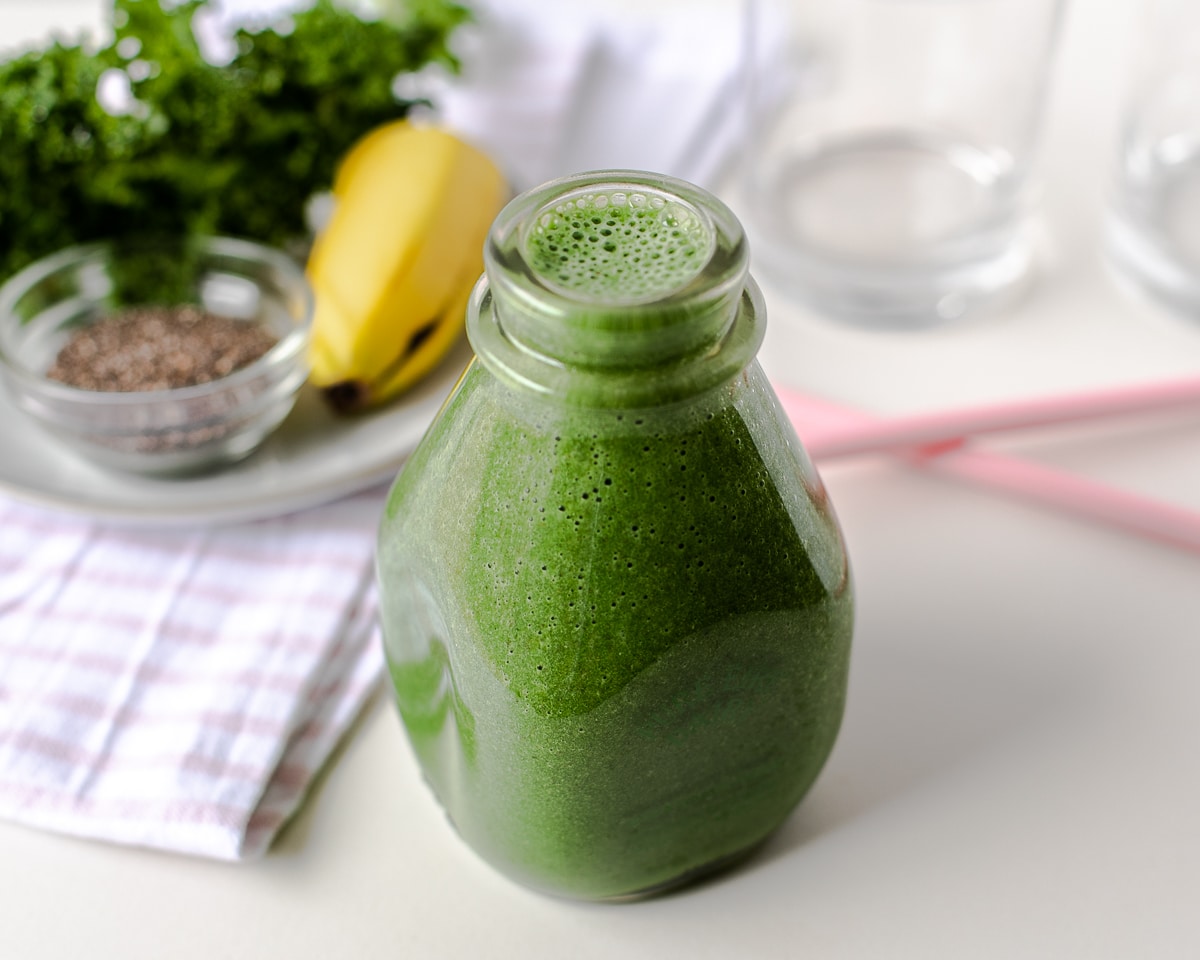Understanding Gut Health
Your gut, often referred to as the “second brain,” plays a crucial role in your overall health and well-being. An unhealthy gut can lead to various health issues, affecting everything from digestion to mood. But what exactly causes an unhealthy gut, and how can you heal it naturally? This article will delve into the common causes and symptoms of an unhealthy gut and provide natural solutions to restore gut health, including the benefits of good bacteria, bone broth, and other essential nutrients.
Common Causes of an Unhealthy Gut
- Poor Diet: Consuming a diet high in processed foods, sugars, and unhealthy fats can disrupt the balance of gut bacteria. Lack of fiber and essential nutrients also contribute to gut issues.
- Stress: Chronic stress can negatively affect the gut-brain axis, leading to digestive problems and imbalances in gut bacteria.
- Antibiotics and Medications: While antibiotics fight off infections, they can also kill beneficial gut bacteria. Other medications, like NSAIDs and antacids, can also disrupt gut health.
- Lack of Sleep: Poor sleep patterns can affect the production of hormones that regulate gut function, leading to digestive issues.
- Environmental Toxins: Exposure to pesticides, chemicals, and pollutants can harm the gut microbiome and lead to inflammation.
Symptoms of an Unhealthy Gut
An unhealthy gut can manifest in various ways. Here are some common symptoms:
- Digestive Issues: Bloating, gas, diarrhea, constipation, and heartburn.
- Food Intolerances: Difficulty digesting certain foods.
- Mood Changes: Anxiety, depression, and irritability.
- Skin Problems: Eczema, acne, and other skin conditions.
- Fatigue: Feeling tired and sluggish, even after a full night’s sleep.
- Autoimmune Conditions: An unhealthy gut can trigger autoimmune responses.

Healing Your Unhealthy Gut Naturally
1. Probiotics: The Good Bacteria
Why You Need Them: Probiotics are live bacteria that are beneficial for your digestive system. They help maintain a healthy balance of gut bacteria, combat harmful bacteria, and improve digestion.
Sources: Yogurt, kefir, sauerkraut, kimchi, miso, and other fermented foods. Probiotic supplements can also be beneficial.
How They Help: By introducing good bacteria into your gut, probiotics can help reduce inflammation, improve digestion, and enhance your immune system.
2. Prebiotics: Feeding the Good Bacteria
Why You Need Them: Prebiotics are types of fiber that feed the beneficial bacteria in your gut, helping them grow and thrive.
Sources: Garlic, onions, leeks, asparagus, bananas, and whole grains.
How They Help: By nourishing the good bacteria, prebiotics help maintain a balanced gut microbiome, which is essential for overall gut health.
3. Bone Broth: Healing and Sealing
Why You Need It: Bone broth is rich in collagen, gelatin, and amino acids like glutamine, which help repair the gut lining and reduce inflammation.
Sources: Homemade bone broth made from simmering animal bones and connective tissues.
How It Helps: The nutrients in bone broth support the healing of the gut lining, reduce inflammation, and improve the integrity of the intestinal wall.

4. Fiber: The Gut’s Best Friend
Why You Need It: Fiber is essential for a healthy digestive system. It helps regulate bowel movements, feeds beneficial bacteria, and reduces inflammation.
Sources: Fruits, vegetables, legumes, nuts, seeds, and whole grains.
How It Helps: Fiber adds bulk to your stool, making it easier to pass, and helps maintain a healthy gut microbiome by feeding the good bacteria.
5. Anti-inflammatory Foods: Reducing Inflammation
Why You Need Them: Chronic inflammation in the gut can lead to various health issues. Anti-inflammatory foods can help reduce this inflammation.
Sources: Fatty fish (salmon, mackerel), nuts, seeds, olive oil, turmeric, ginger, and green leafy vegetables.
How They Help: These foods contain nutrients and compounds that help reduce inflammation and promote a healthy gut environment.
6. Hydration: Keeping Things Moving
Why You Need It: Staying hydrated is crucial for digestion and overall gut health.
Sources: Water, herbal teas, and water-rich foods like cucumbers and melons.
How It Helps: Proper hydration helps maintain the mucosal lining of the intestines and supports the movement of waste through the digestive tract.
Healing your gut is not just about adding specific foods to your diet; it’s about embracing a holistic approach to health and well-being. Here are some tips to help you on your journey:
- Listen to Your Body: Pay attention to how different foods make you feel and adjust your diet accordingly.
- Practice Mindful Eating: Take time to enjoy your meals, chew thoroughly, and eat in a relaxed environment.
- Manage Stress: Incorporate stress-reducing activities like yoga, meditation, and deep breathing exercises into your routine.
- Get Enough Sleep: Prioritize sleep to support your gut health and overall well-being.
- Stay Active: Regular physical activity can improve digestion and reduce stress.

Conclusion
An unhealthy gut can impact every aspect of your life, from digestion to mood and energy levels. By understanding the causes and symptoms of an unhealthy gut and incorporating natural healing strategies, you can restore balance and improve your overall health.
Embrace a diet rich in probiotics, prebiotics, bone broth, fiber, and anti-inflammatory foods, and prioritize hydration, stress management, and sleep. Your gut—and your entire body—will thank you.











